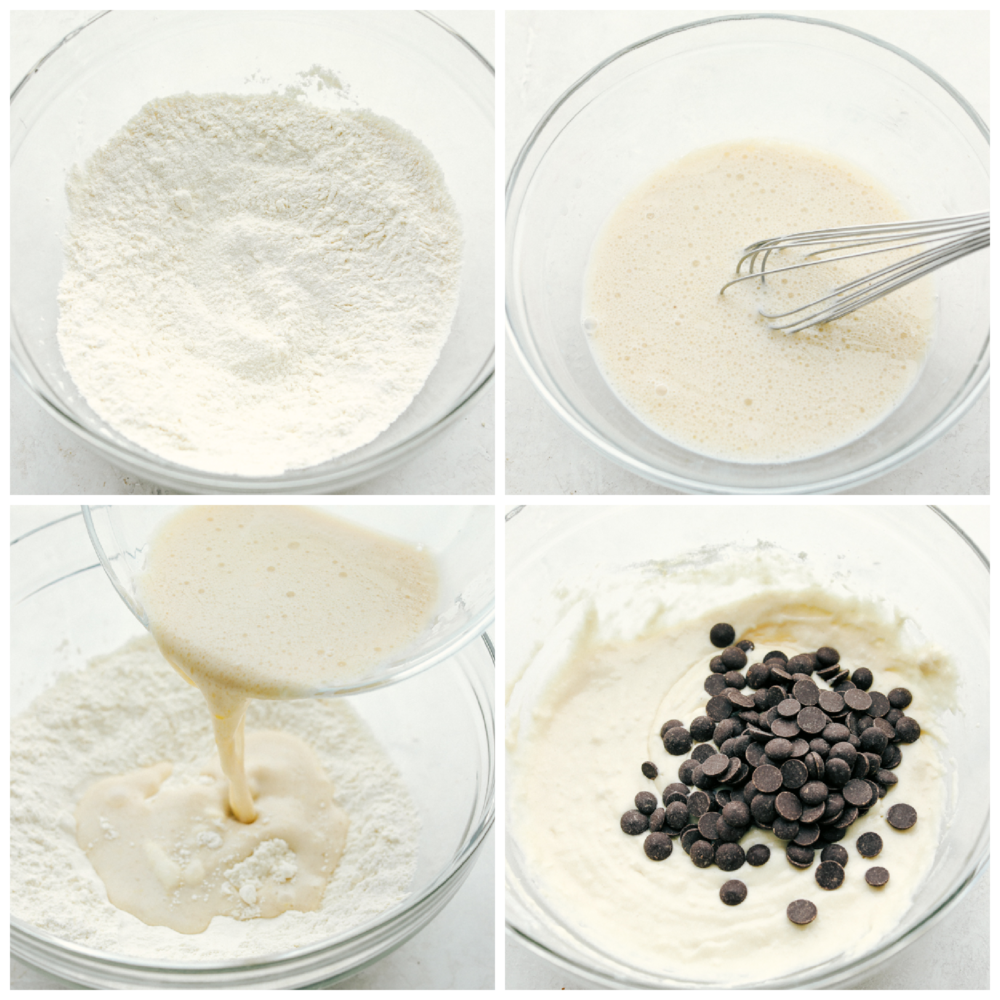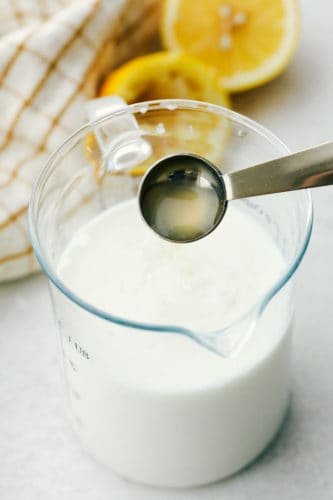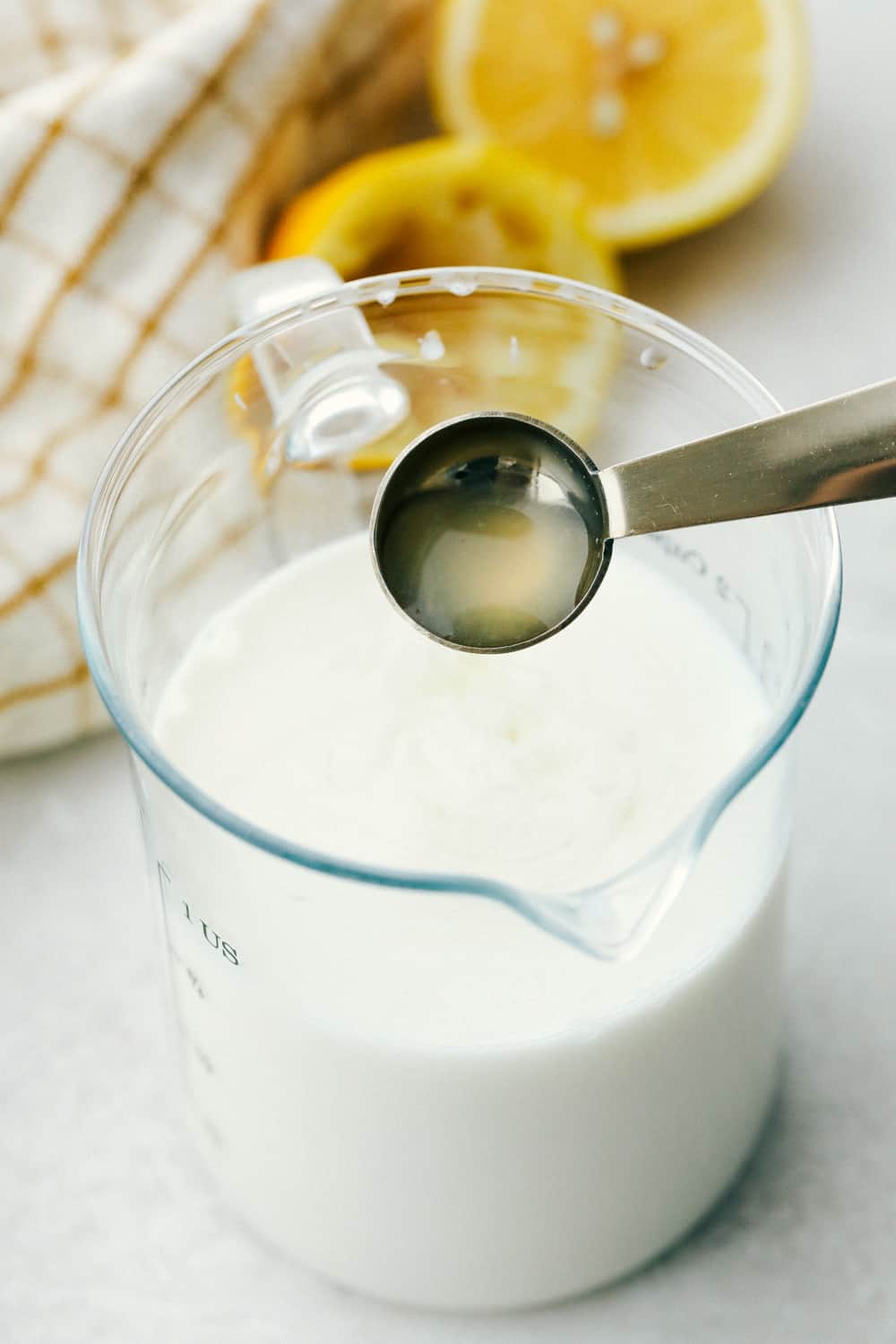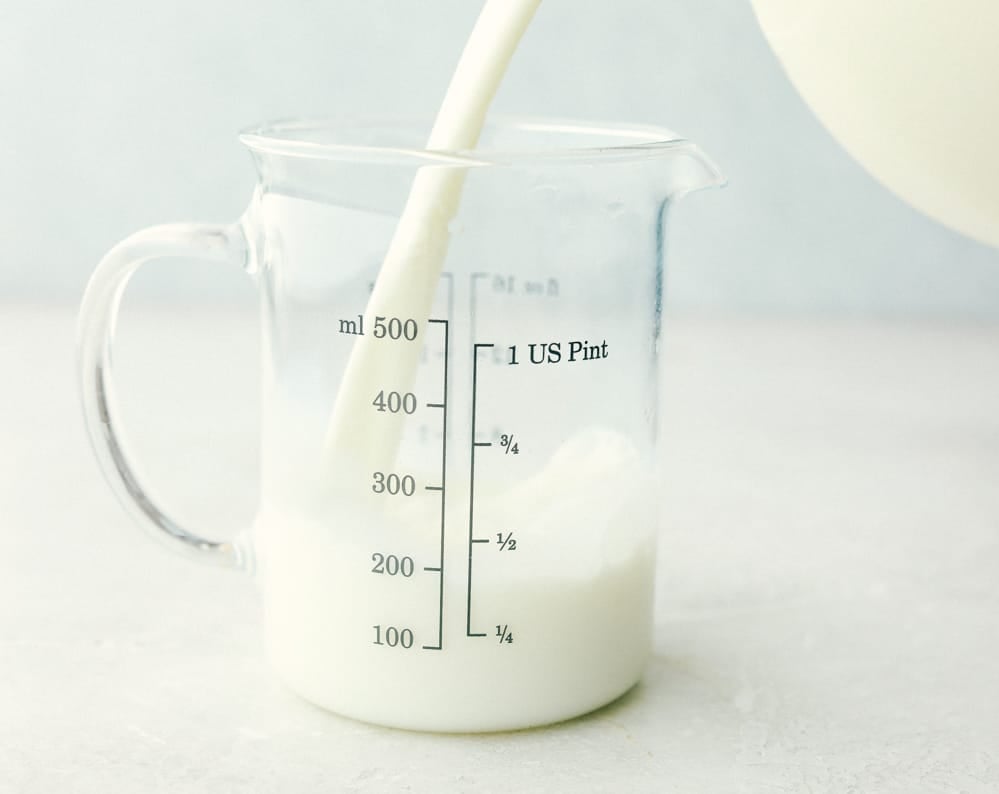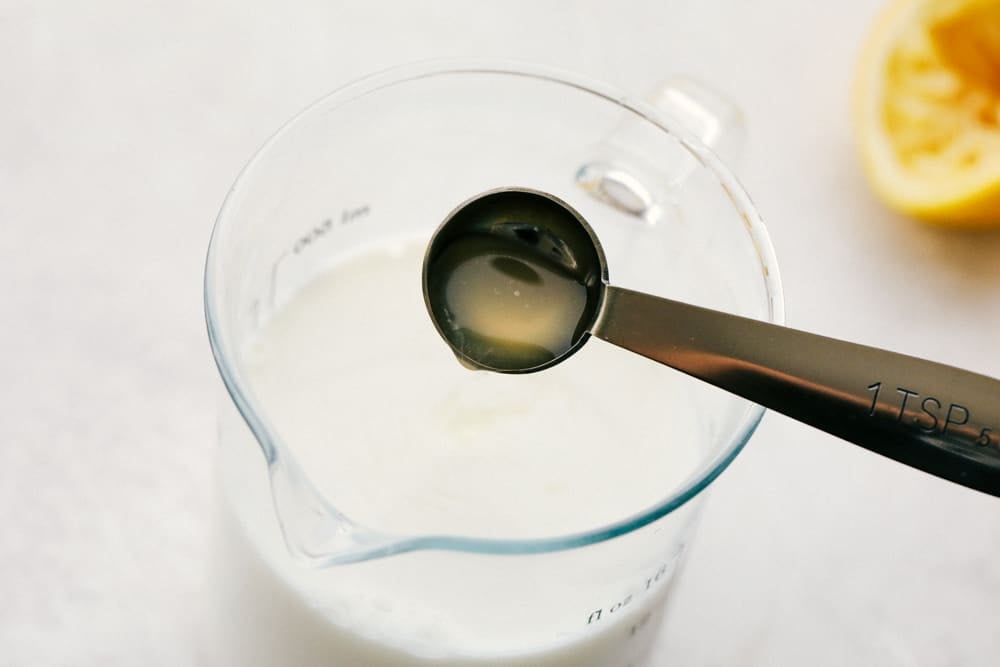Good hydration is essential for our bodies to run properly. The average person can last for up to eight to twelve weeks without food – but only three to five days without fluids.
But we are not hitting our targets; the Recommended Daily Allowance for water is 2.5 litres for males and 2 litres for females, but the average person consumes just 1.7 litres daily.
So Why Is Water So Important?
Water is essential for a number of bodily functions, including homeostatic functions like moderating electrolyte balance and body temperature. It is also crucial for effective digestion, in that it works with the fibre from your diet to keep your bowels moving, helping to remove waste.
Of course, water makes up over 60% of the human body, so it also constitutes a large part of our bodily fluids; it is essential for creating saliva, which helps to digest our food as we chew it, and it also makes up a large amount of your blood plasma, which keeps your heart healthy and enables your body to disperse oxygen more effectively.
Therefore, drinking enough water (alongside other factors such as eating well, exercising regularly, and keeping a healthy home environment) is essential to maintaining good overall wellbeing.
What Are The Side Effects Of Not Drinking Enough?
If you don’t drink enough from time to time, you may experience some constipation, fatigue, muscle weakness, and headaches.
But if you don’t drink enough water over an extended period of time, you may experience more severe health issues, including:
- Urinary Tract Infections (UTIs)
- Kidney stones
- Hypertension
- Intestinal failure
- And even dementia
Water is also essential for good cognition, and dehydration may have an effect your mood and concentration levels. For example, two studies by the University of Connecticut found that even mild dehydration could affect mood, and cause fatigue and headaches.
Also, there is good evidence that hydration is essential for mental health; one 2018 Iranian study published in the World Journal of Psychiatry found that among a sample of 3,327 adults, drinking five glasses of water a day was found to decrease risk of depression, while drinking just two glasses of water increased the risk of depression by as much as 73% for men and 54% for women.
Why Are So Many People Not Drinking Enough?
Research has shown that as many two thirds of us aren’t drinking enough water. But if it’s so important for our health and wellbeing, why is this the case?
- Taste – In a study by Robinsons, over half of British people reported that they didn’t like the taste of water, with many describing it as ‘boring’.
- Lack of awareness – While day-to-day dehydration can usually be diagnosed by headaches, constipation, fatigue and muscle weakness, chronic dehydration over an extended period of time can lead to the body attempting to subsist on a smaller amount of water. This means that if you’ve been dehydrated for a long time, you might not actually feel thirsty.
- Water distrust – A study in the US in 2019 found that many students attended schools with taps that were not tested for lead. This Kenney study referenced another study in 2014, which found that Black and Hispanic adults were less likely to consume enough water on the grounds that they were concerned their local supply was not safe to drink.
Who Is At Risk?
For some, it is easy to tell when they are dehydrated. Others may have more difficulty.
Older adults, especially, may have difficulties with hydration for a range of reasons. Firstly, for reasons directly associated with health; age-related deterioration of kidney function may mean that fluids are adequately regulated.
Diabetes and kidney diseases may also contribute to excessive loss of water, and those who experience swallowing difficulties are likely to not drink enough. Additionally, people with cognitive impairments such as dementia, may not be as aware of their thirst.
Similarly, infants and children are particularly at risk, as they are the most likely to experience severe vomiting and diarrhoea, may not be able to tell their carers when they are thirsty, and have a higher surface area to volume ratio, meaning that they lose more water for their size than the average adult.
Like some older adults with poor mobility, young children may also be unable to get a drink for themselves.
How I Do I Tell If I Am Dehydrated?
There are a few main symptoms of dehydration to watch out for:
- The most obvious, but not necessarily the most reliable indicator, is thirst. We only begin to feel thirsty when we are already dehydrated, so if you feel thirsty, DRINK! But even if you don’t feel thirsty, drinking should be part of your daily routine – especially if you have difficulty recognising your thirst.
- Urine colour – One of the simplest, and least subjective, ways of recognising dehydration, is by monitoring your urine colour. If you are drinking enough, your urine should be clear or very pale yellow. If you are dehydrated, it will be a darker yellow. If your urine is brown, you are extremely dehydrated, and possibly suffering from other health conditions such as liver cirrhosis, so in this instance, you should seek medical attention.
- Headaches – Dehydration headaches feel different to different people, but many describe dehydration headaches as a pulsing pain in the temples. Dehydration is one of the most common causes of headache, so the next time that your head is throbbing, reach for a glass of water instead of a paracetamol!
Even if you’re not a fan of drinking water, the fact is it’s crucial for survival.
There are lots of ways to include more water in your diet, so why not experiment with a new routine and see what works for you? You will notice the difference to your health, skin, focus, concentration, and mental wellbeing!
This article was written by Holly Jackson of Daily Sun
The post Dehydration Nation: Are YOU Drinking Enough? appeared first on Wellbeing Magazine.
from Wellbeing Magazine https://ift.tt/2HfrOj2
via
babu31














